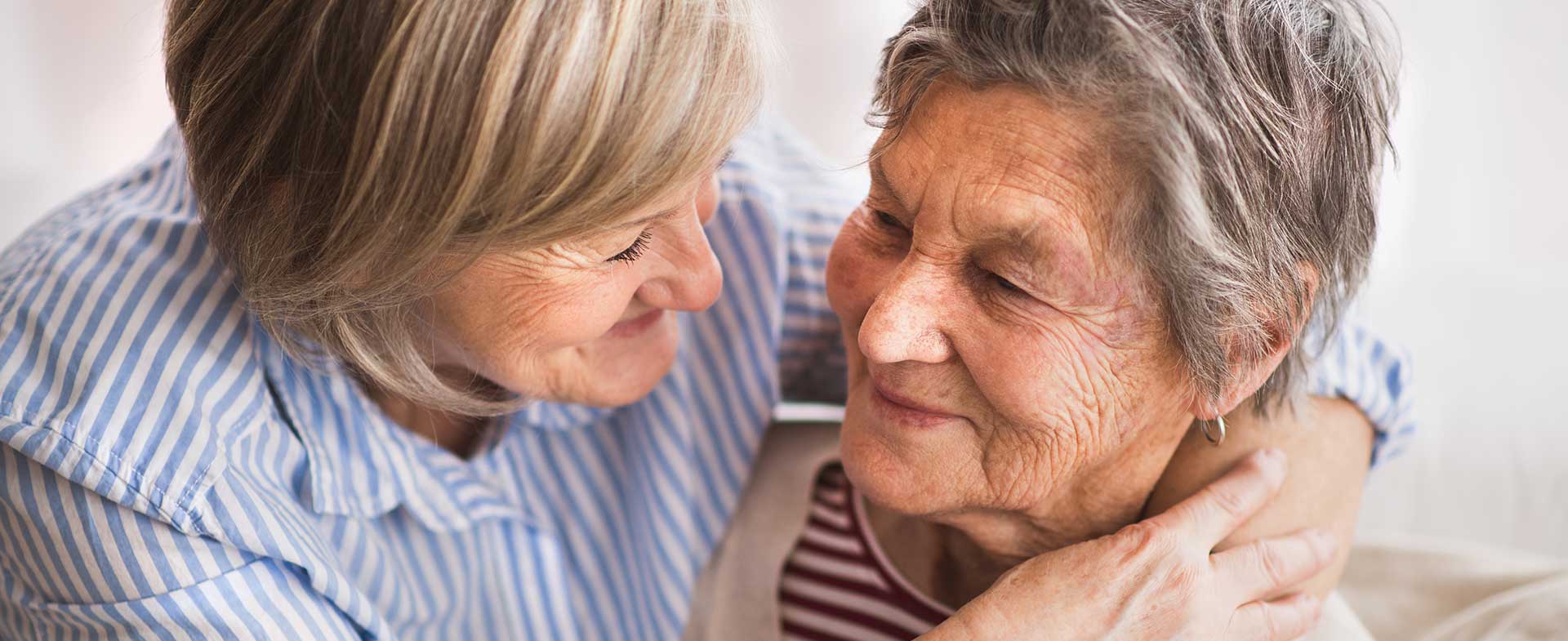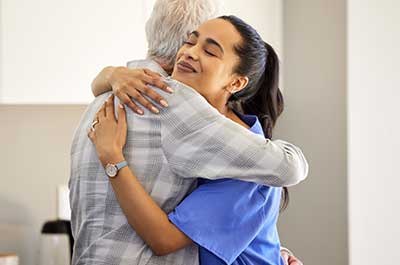While chemotherapy is an effective, standard-of-care treatment for those who have cancer, in healthy people, the risks of chemotherapy exposure outweigh any benefit. Chemotherapy works by attacking cancer cells, but along the way it affects healthy cells, too, which is why it can cause short-term side effects like nausea, hair loss, fatigue and brain fog. Healthy people who are exposed to chemotherapy may also be susceptible to these short-term side effects.
While rare, long-term chemotherapy exposure may increase someone’s risk for cancer because it increases cell mutation. “If you’re on chemotherapy, that treatment can be present in your bodily fluids, so it’s important to limit the exchange of fluids with others in your household,” says Katelyn Patterson, a board-certified oncology pharmacist at Henry Ford Health.
This precaution applies not only to chemotherapy, but to all anti-cancer agents that someone might be taking – both oral and IV. “While anti-cancer drugs have become more targeted, meaning they’re less likely to harm healthy cells, they’re newer so the harm they could cause in others aren’t as well-known,” says Patterson. “We know more about the consequences of exposure to classic chemotherapy, so we take the same safety measures whether someone is on chemotherapy or another anti-cancer drug.”
Here, Patterson shares how those with cancer can ensure loved ones aren’t exposed to chemotherapy and other anti-cancer agents.
1. Close the lid to flush the toilet. This will ensure toilet water doesn’t splash up on surfaces. Flush twice and make sure all waste is gone. Patterson also recommends that men urinate while sitting down to avoid splashing.
2. Wash soiled laundry separately. If nausea causes you to become sick – and it gets on your clothing – wash your clothes twice in hot water. Keep this load separate from family members’ laundry. If someone is helping to wash your clothes, have them wear gloves. This goes for handling any material contaminated with bodily fluids, along with oral anti-cancer pills.
3. If you have severe night sweats, sleep in a separate bed. “Sweating a little bit during the night is fine, but if you’re getting drenching sweats that soak the sheets, you may want to sleep separately from your partner,” says Patterson. “And wash your pajamas and sheets thoroughly.”
4. For sexual intercourse, use a barrier-method protection. “We generally don’t discourage kissing, but for sexual activity, we encourage barrier methods such as condoms - not just oral contraception - to limit the transmission of fluids,” says Patterson.

Cancer Care At Henry Ford
5. Store oral anti-cancer pills in their own pillbox. You don’t want other medications to be contaminated with anti-cancer pills, so keep them in their own container. And ensure they’re out of reach of pets and children. If you have leftover anti-cancer pills after completing treatment, ask your pharmacist or nurse how to safely dispose of them. “We usually tell patients to bring them to us so we can dispose of them in a chemotherapy bin. They can’t be tossed in a regular trashcan or flushed down the toilet.”
How Long Should I Adhere To These Precautions?
It's a good idea to adhere to these safety precautions throughout the duration of your treatment – and for as long as the medication stays in your system after treatment ends. But if you’re on an IV, there may be a few days between infusions where chemotherapy exposure is less of a risk.
“For IV, the rule of thumb is to adhere to these precautions for at least two to three days after treatment,” says Patterson. “It’s always good practice to follow these precautions anyway, but that’s the critical window of time.”
Oral treatments, however, don’t always have breaks in schedules, so you should adhere to these precautions until the medication has left your system. (Different drugs have different time frames of how long they stay in your system, so ask your doctor or pharmacist about the timing for you.)
“It can be overwhelming to start cancer treatment and sometimes people don’t even know to ask these questions – or sometimes they’re embarrassed and uncomfortable to talk about these things with a complete stranger,” says Patterson. “But we want to make sure we’re not assuming someone knows what they need to do to keep their loved ones safe. We always educate patients and caregivers, but I want everyone to feel comfortable asking any questions they have.”
Reviewed by Katelyn Patterson, PharmD, BCOP, a board-certified oncology/hematology pharmacist at Henry Ford Cancer - Detroit.



